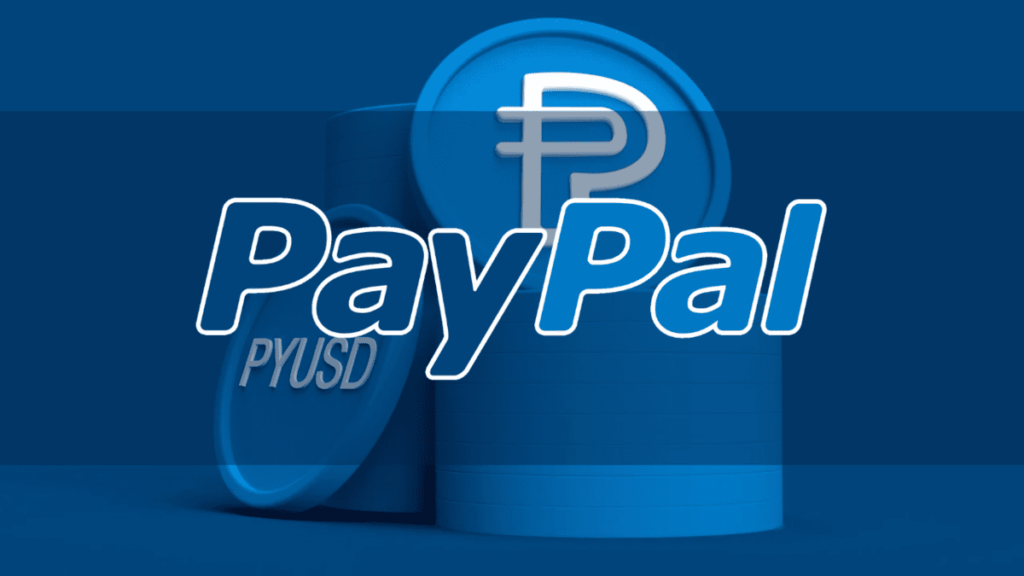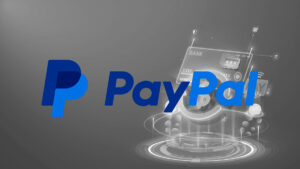TL;DR
- PayPal will offer a 3.7% annual yield on PYUSD balances starting in the summer of 2025, with monthly payments in the same stablecoin.
- PYUSD is backed by cash and short-term Treasury bonds. It’s also integrated into Ethereum, Solana, and has had support on Venmo since 2023.
- Experts warn that paying interest on stablecoins could lead to stricter regulations by classifying them as securities.
PayPal will incorporate a 3.7% annual yield for balances held in its stablecoin PYUSD. According to reports, the company will start offering this incentive in the summer of 2025, aiming to increase adoption of its cryptocurrency. Rewards will be paid monthly in PYUSD and will accrue daily.
Users will be able to exchange this asset for fiat currency, use it for purchases, or transfer it to other accounts within the platform. The measure seeks to encourage cryptocurrency and stablecoin payments within the PayPal ecosystem, which in recent months expanded its services to include other tokens like Chainlink and Solana in the United States.
PYUSD, issued by Paxos in August 2023, is backed one-to-one by cash and liquid assets such as short-term Treasury bonds. Since its launch, the token was initially deployed on the Ethereum network under the ERC-20 standard, though it was later integrated into the Solana network. In September 2023, Venmo added support for the stablecoin.
PayPal Wants PYUSD to Be a Distinctive Product
PYUSD’s market capitalization reached $1 billion in 2024, though it later fell to $873.3 million. This value remains far below Tether (USDT), the most important stablecoin on the market, which currently has $145.3 billion in circulation. However, PayPal is betting on standing out in areas where other firms show limitations, such as transparency, regulatory compliance, and yield offerings.
Specialists warn that offering interest on stablecoins could prompt regulatory authorities to classify these assets as securities. While non-yield stablecoins generally avoid this category, those generating interest must comply with stricter rules. The greatest risk for users, analysts say, does not lie in the yield itself, but in the possibility that the asset could lose its peg to the dollar.
The company continues moving forward with its strategy to establish itself as a provider of blockchain services and digital assets. It recently completed, alongside Ernst & Young, the first corporate transaction using PYUSD. Companies like Polygon Labs note that firms such as PayPal and Stripe are central factors in the recent growth of the stablecoin market.













